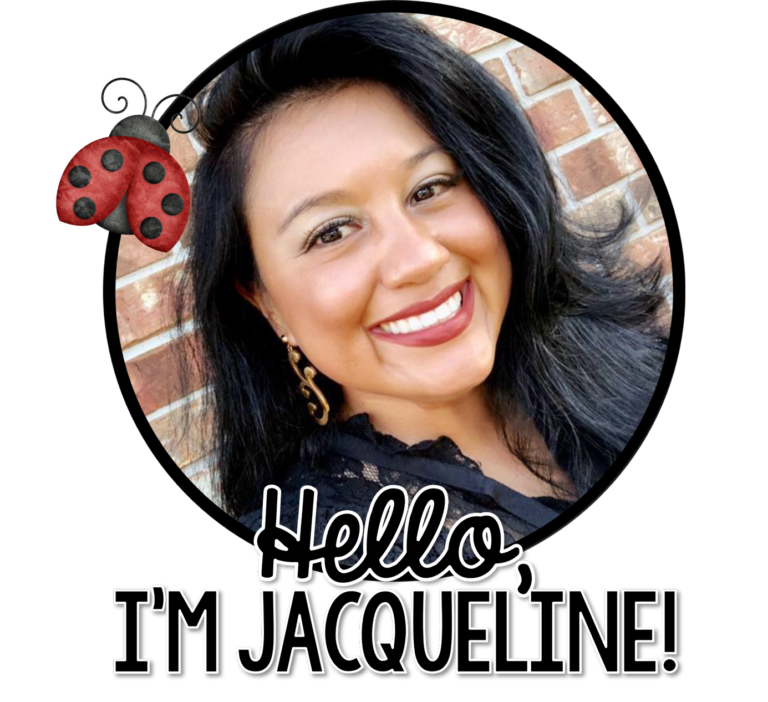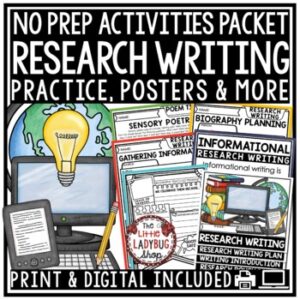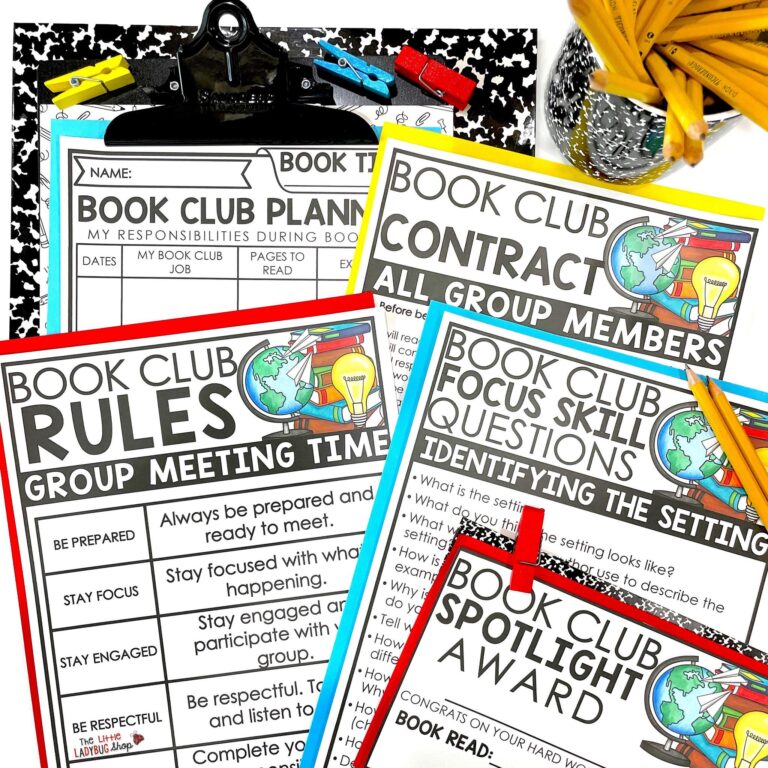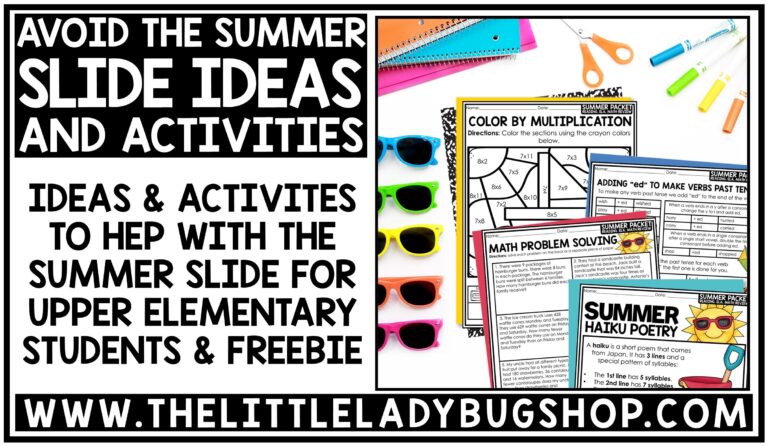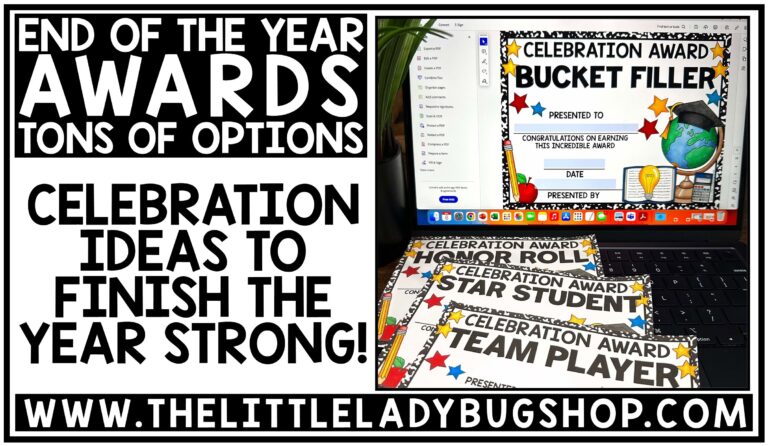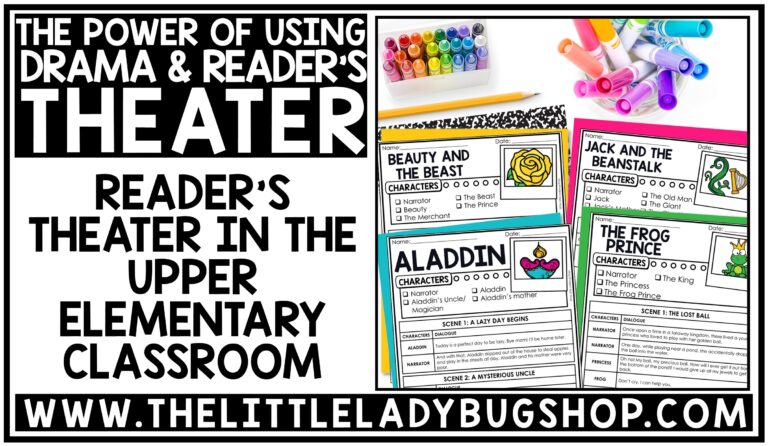
Positive and Successful Parent-Teacher Conferences
Share it:
Positive and Successful Parent-Teacher Conferences
By: Jacqueline Ortiz, Updated September 17, 2024
Parent-teacher conferences are a crucial opportunity to build a partnership with parents, ensuring everyone works together to support student’s growth and success. As educators, it’s our responsibility to make these meetings not just informative but also a foundation for a positive relationship with families.
Over my 20 years as an upper elementary educator, I’ve found that preparation and communication are vital to making parent-teacher conferences successful. Here are some best practices that have worked for me, and I hope they can help you, too!

Build a Positive Relationship from the Start
The goal of every parent-teacher conference should be to strengthen the relationship between home and school. Start with the mindset that you and the parents are on the same team, working for the student’s benefit. Open the conversation by highlighting the student’s strengths, areas of growth, and recent accomplishments. Focusing on the positive aspects builds trust and opens the door for a collaborative partnership.
Be Prepared with a Binder of Documentation
Preparation is everything. I recommend having a binder with documentation for each student. This keeps you organized and allows you to reference specific data during the conference. I have developed a series of forms that have helped me track progress and stay organized over the years.
Some essential items I include are:
- Data Tracking Binder Cover: Keeps all forms in one place.
- DATA Assessments for Math, Reading, Writing, Spelling, Science, and Social Studies.
- Subject Grading Log: A quick reference for student grades.
- RTI Data Collection Form: This is for students receiving interventions.
- EOY (End of Year) Progress Monitoring Form: Tracks growth across the year.
- RTI Meeting Notes and Parent Communication Logs: Document all communication and intervention meetings.
- Intervention Group Forms and Conferring Notes: Track small group work and individual student conferences.
- SMART Goals for Students: Sheets for goal setting and reflection on progress.
Having all this information at your fingertips allows you to discuss each student’s progress with parents confidently and show specific examples of their work.



Schedule Conferences Ahead of Time and Send Reminders
When scheduling conferences, it’s important to provide parents with multiple options to meet their needs. I always offer slots before or after school, during my planning period, or via phone if necessary. This flexibility helps ensure that parents can attend.
Once conferences are scheduled, I send reminder notes closer to the date. These reminders, whether sent via email, phone call, or letter, reduce no-shows and ensure parents are ready for the meeting.
Keep the Conference Positive but Honest
Focusing on the student’s growth and achievements during the conference is essential. Share specific examples of progress they’ve made, whether improving reading fluency or confidence in math problem-solving. Then, tactfully discuss any areas of concern or skills the student is still developing. Always tie concerns to actionable steps both at home and in the classroom. This collaborative approach reassures parents that we are all working toward the same goal.
Let Parents Ask Questions and Share Insights
Parents know their children better than anyone. After you’ve shared your observations, allow them to ask questions, offer insights, and voice any concerns they might have. This fosters open communication and gives you valuable information that could help the student in the classroom. Encouraging this dialogue reinforces the partnership between home and school.
Use Forms to Stay Organized During and After the Conference
To help me stay organized and streamline the process, I’ve created forms that help capture everything discussed in the meeting. Some of the most helpful include:
- Parent Conference Form: Captures the student’s academic and work habits.
- Parent Sign-In Form: Documents attendance.
- Conference Summary Form: Documents key takeaways, concerns, and next steps.
- SMART Goal Sheets: A space for students to set academic and personal goals in areas like Math, Reading, and Writing.
I also use a Parent Conference Letter and a Reminder Conference Letter to schedule and remind parents of upcoming meetings.


Follow Up After the Conference
After the meeting, I send a follow-up message thanking the parents for their time and reiterating any key takeaways or agreed-upon actions. This not only reinforces the importance of the meeting but also keeps the lines of communication open.
Parent-teacher conferences don’t have to be stressful. With preparation, organization, and a focus on positivity, these meetings can be a great way to foster a partnership with families. Working together creates the best possible environment for our students to thrive.
I hope these tips and forms help you confidently navigate your conferences!
DON’T MISS thIS EXCLUSIVE CONFERENCE freebie

You can use these Reading Strategies Freebie with tips and strategies to send home with your parents after the conference. I love handing something with them. I call this my handy toolkit!
Make sure to Pin and Save this Post for Future Reference

